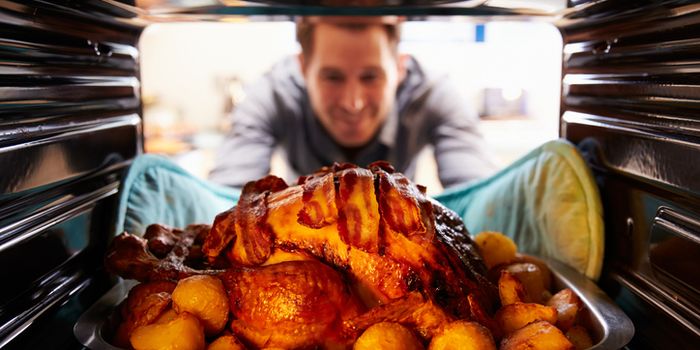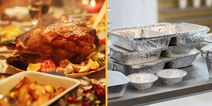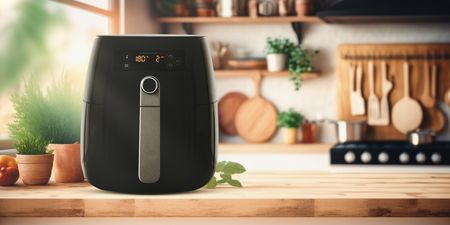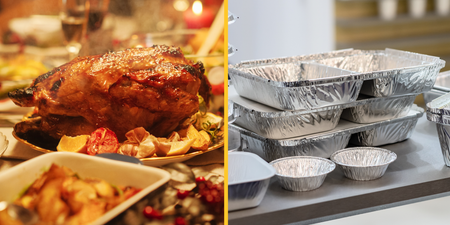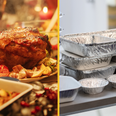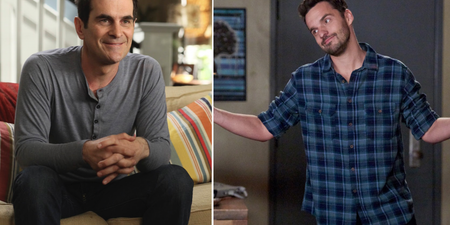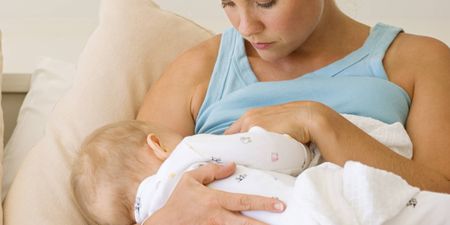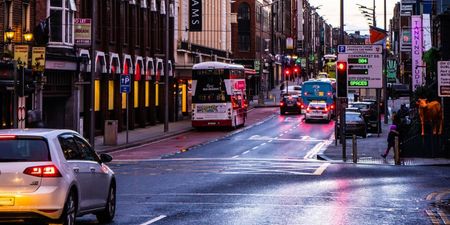Brought to you by Lidl.
You’ll never forget your first.
Making your first Christmas dinner can be a daunting experience. Maybe you’re taking over the reins from a parent or you’re trying to cook a turkey dinner for your own family for the first time. Or you could be trying to educate some Australians on what an Irish Christmas dinner is all about!
We’re here to help. Cooking a turkey for the first time can be a challenge so we’ve come up with this handy guide to ensure that Christmas goes without a hitch.
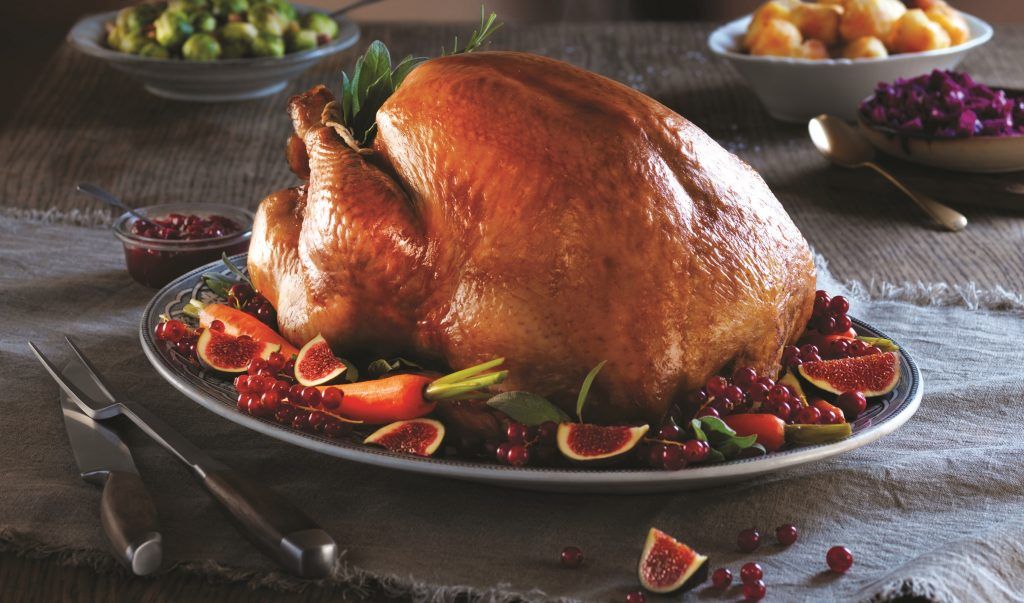
How big should your turkey be?
You should aim for at least a half a kilo per person. If in doubt, get a slightly bigger bird. You can always use the leftovers for sandwiches.
Size matters
Do you want to find out that your turkey is too big for your oven on Christmas morning? Keep that in mind when buying your bird. You’ll also need a roasting tin that’s big enough to hold your turkey and deep enough to hold all the juices. Using a roasting rack allows the air to circulate under the bird but this is optional.
Always defrost your turkey
If you’ve bought a frozen turkey, always defrost it in a fridge before cooking. You’ll know it’s ready when the body is soft, the legs can be moved and there are no ice crystals inside the cavity. Defrosting will take longer than you think so allow 24 hours of defrosting time in the fridge for every 2-2.5kg. Warming it up with a hairdryer on Christmas morning is not a solution!
Take the turkey out of the fridge before cooking
Take it out at least an hour before cooking. This lets it get closer to room temperature, stops it drying out and allows for more even cooking.
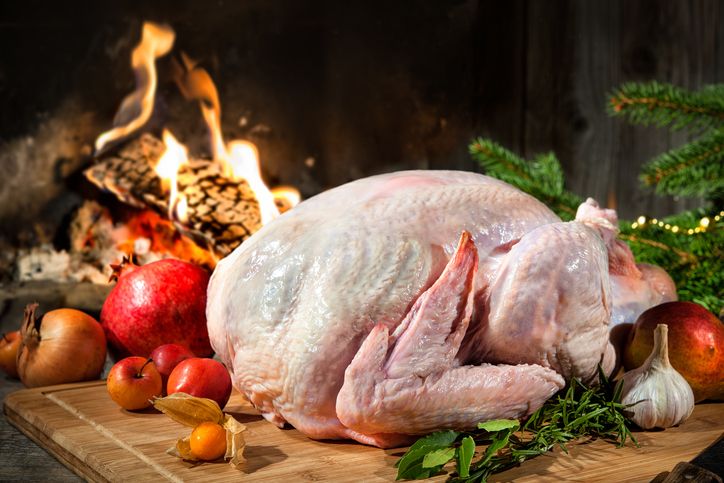
Don’t wash it
Forget about washing the turkey. This was once thought to be safer but washing a raw turkey can actually spread contamination. A common rookie mistake is to forget to remove the giblets so remember to take these out at this stage.
Where to put the stuffing?
Don’t try to cook the stuffing in the main cavity. Instead, loosely pack it under the skin in the neck of the bird. Your stuffing should be no more than 10% of the overall weight. Some chefs recommend that you cook it separately to reduce cooking time.
Optional extras when cooking a turkey
You could add some halved oranges, an onion or herbs into the main cavity so they’ll steam and flavour the meat. Just make sure that there’s room for air to circulate if you are using this trick.
Another popular addition is to truss, or tie, the legs together to retain the shape and allow for a more even cooking process. Some people like to add a layer of bacon over the top to keep the turkey moist and add more flavour.
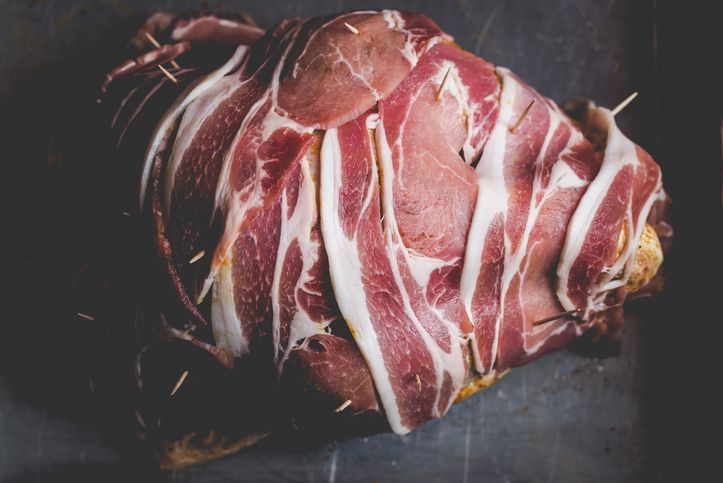
Butter it up
Smearing the turkey in butter will help to keep it moist, add flavour and help the browning process. Season it with salt and pepper as well. If you notice the turkey is browning too quickly, “tent it” by covering it with tinfoil. This will prevent the skin from burning. Some chefs prefer to cover it in foil for the first half of cooking just in case.
How long does it take to cook a turkey?
Check the weight of the bird after you’ve stuffed it to calculate the exact cooking time. This is no place for guesstimation. Double-check your calculations to avoid drying the turkey out or undercooking it. This is a handy guide for cooking times in a fan-assisted oven at 180°C:
3.5-5.5kg (3 hours – 4 hours 20 minutes)
5.5-6.5kg (4 hours 20 minutes – 5 hours)
6.5-8kg (5 hours – 6 hours 20 minutes)
8-9kg (6 hours 20 minutes – 7 hours)
9-11kg (7 hours – 8 hours 20 minutes)
Preheat the oven before cooking
Always preheat the oven to 180°C before you do anything. Whacking your turkey into a cold oven will not end well.
Basting your turkey
There is some debate about the effectiveness of basting but it’s believed to keep the turkey moist and add flavour. If you are going to baste, do it every 30-45 minutes in the latter stages of cooking. Cover the entire surface of the meat with the juices using a spoon or a dedicated turkey baster.
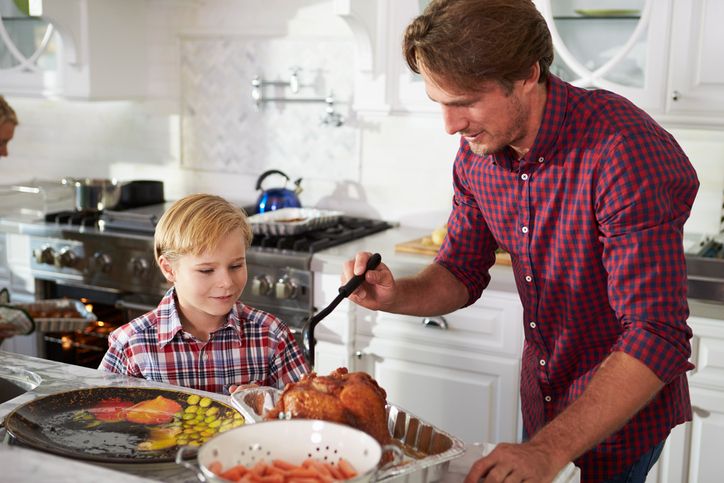
Check if the turkey is cooked
Check if the bird is cooked with a meat thermometer. 75-80ºC is the sweet spot. Alternatively, you can pierce the deepest part of the flesh with a knife or a skewer. If the juices run clear, it’s cooked. If not, it needs more cooking time. Just don’t overdo this bit. Nobody wants their turkey to look like an extra from a slasher movie.
Don’t forget to rest it
Always rest your turkey for at least 30 minutes after cooking. That allows the juices to be reabsorbed back into the meat and it makes for a more succulent bird that’s easier to carve. Cover it with tinfoil and rest it on a board. Some chefs recommend that turkeys between 4-6kg be rested for 1.5 hours, and turkeys weighing 6-10kg be rested for two hours.
Then it’s ready to be carved and enjoyed by all your Christmas guests!
Lidl will have fresh Irish turkey crowns or free range bronze Irish whole turkeys in-store from 19 December.

Brought to you by Lidl.
LISTEN: You Must Be Jokin’ with Aideen McQueen – Faith healers, Coolock craic and Gigging as Gaeilge
